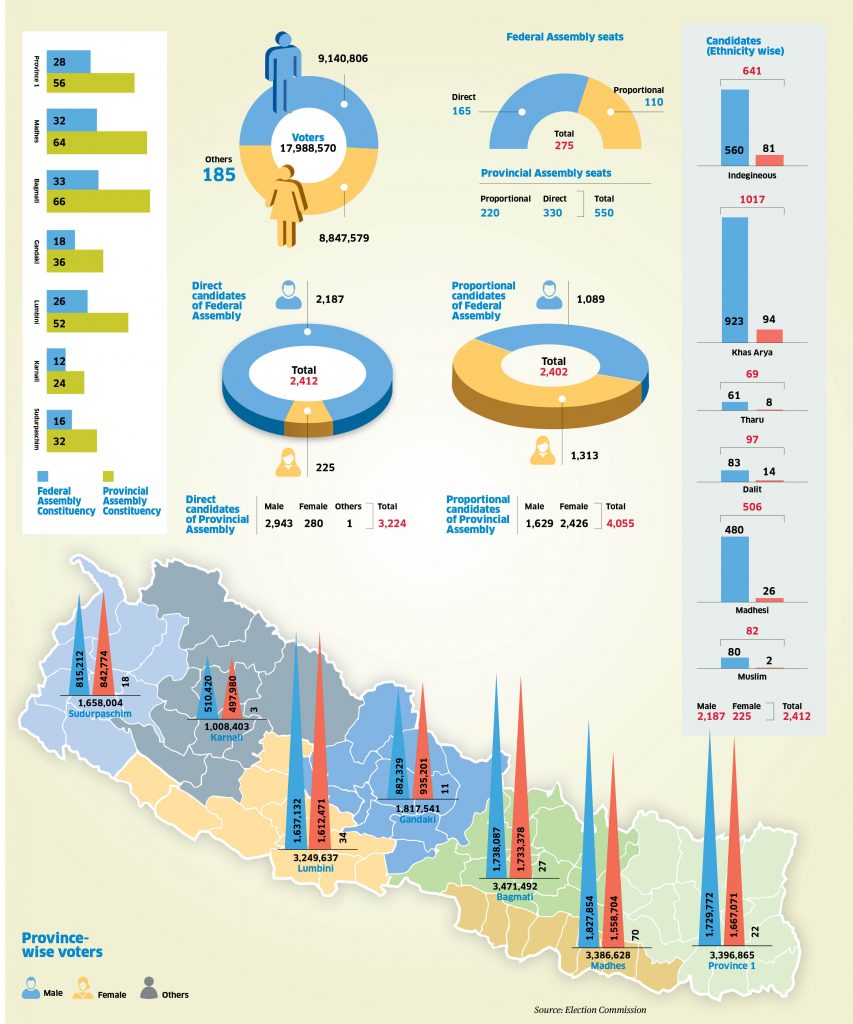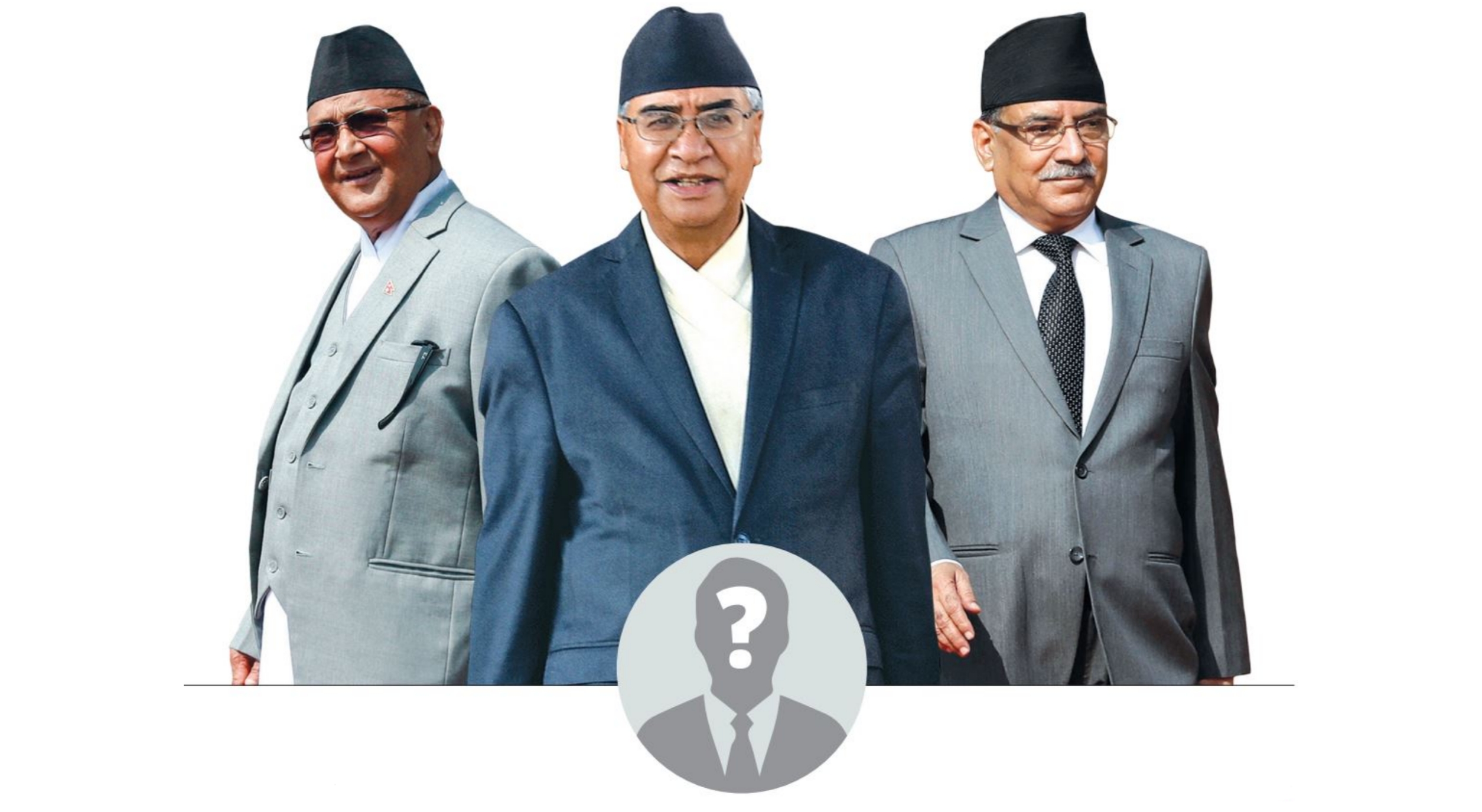US extends protected status to mid-2024 for 6 nationalities
The United States has notified El Salvador that the temporary protected status of its citizens and those of five other countries will be extended through June 30, 2024, Salvadoran Ambassador to the United States Milena Mayorga said Thursday, voanews.com reported. The other countries are Haiti, Nicaragua, Sudan, Honduras and Nepal, according to a document filed Thursday by U.S. Citizenship and Immigration Services. The action means their temporary protected status (TPS) will no longer expire on December 31, 2022, as previously scheduled. "Thanks be to God," said Mayorga, who tweeted the document, adding work visas for recipients would be valid for another 18 months. According to the American Immigration Council, TPS is provided to nationals of certain countries experiencing problems that make it difficult or unsafe to deport them back to those countries. The Department of Homeland Security announced the extension, set to be published next week, "to ensure its continued compliance" with two ongoing court cases, the document said. President Joe Biden's administration in October pulled out of settlement talks that could have provided further protections to the TPS enrollees from these countries, according to plaintiffs in the case.
Russia and Ukraine have tortured prisoners of war: UN
Russia and Ukraine have tortured prisoners of war during the conflict in Ukraine, the United Nations Office of the High Commissioner for Human Rights (OHCHR) has said, citing examples of mistreatment including beatings, the use of electric shocks and forced nudity, Aljazeera reported. The OHCHR’s Ukraine-based monitoring team’s findings were based on interviews with more than 100 prisoners of war (POWs) on each side of the war, which will soon drag into its ninth month. On Tuesday, the office called on Kyiv and Moscow – both of which are parties to the Geneva Conventions that set out the laws of war, including on the treatment of POWs – to “investigate and prosecute all allegations of violations”. Matilda Bogner, head of the monitoring mission, told a Geneva press briefing that the “vast majority” of the 159 Ukrainian prisoners interviewed reported torture and ill-treatment. She gave examples of dog attacks, electric shocks with Tasers and military phones, and of sexual violence. Bogner said the treatment was aimed at intimidating and humiliating detainees, according to Aljazeera. One man who was held in a penal colony near Olenivka, in Ukraine’s eastern Donetsk region, said members of Russian-affiliated armed groups “attached wires” to his genitalia and nose and electric-shocked him.
Leaders of China, US need to chart right course for bilateral ties, says Xi
Chinese President Xi Jinping said on Monday during a meeting with his U.S. counterpart, Joe Biden, that as leaders of two major countries, they need to chart the right course and find the right direction for bilateral ties and elevate the relationship, Xinhua reported.
Nov 20 polls in numbers
Over 12,000 candidates are contesting the elections for 825 seats in federal and provincial elections. According to the Election Commission, 1,7985,570 voters will exercise their right to vote. Morang district has the highest number of voters for the elections with 735,525 people on the voter's list in six constituencies. The least number of voters is in Manang district with a total of 6,779 in a single constituency.
Violations of the election code of conduct have increased as the election draws near. So far, 71 complaints have been filed at the commission. The Nepal Police has deployed a large number of security personnel across the country to ensure that the elections are held in a peaceful environment. The police have prepared to mobilize 186,693 security personnel in all seven provinces.
According to the integrated security plan, along with the Nepal Police, there are 115,000 temporary police. The Nepali Army is also ready to mobilize 75,000 security personnel. Similarly, the Armed Police Force (APF) is set to mobilize around 35,000 security personnel. The responsibility of APF is to provide security at the Chief Electoral Office, Election Office, and District Election Office. 
It’s estimated that Rs 24.11bn will be spent on the Nov 20 elections. The security forces have asked for Rs 16bn. The Ministry of Finance, however, has agreed to spend Rs 8.822bn on security.
For the first-past-the-post election system of the House of Representatives and the Provincial Assembly, the ballot paper has the election symbol and other details printed in red on a white background. While in the proportional election system, the ballot paper has black color printed on a white background.
Each voter has to vote on four separate ballot papers. There are two ballots (first-past-the-post and proportional) for the House of Representatives and two (first-past-the-post and proportional) for the Provincial Assembly.




















